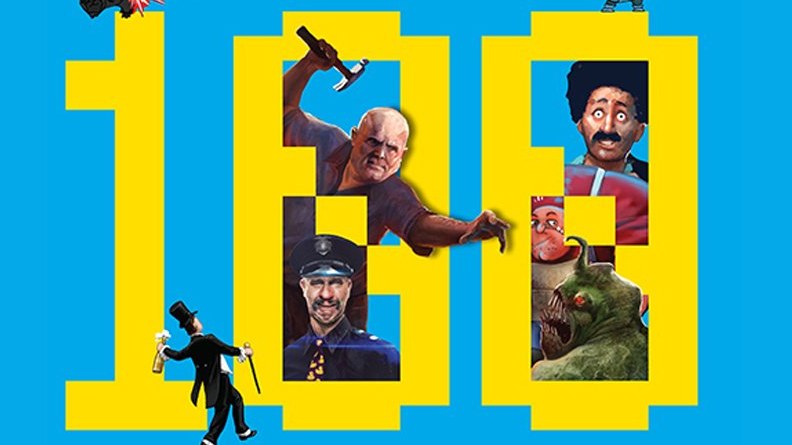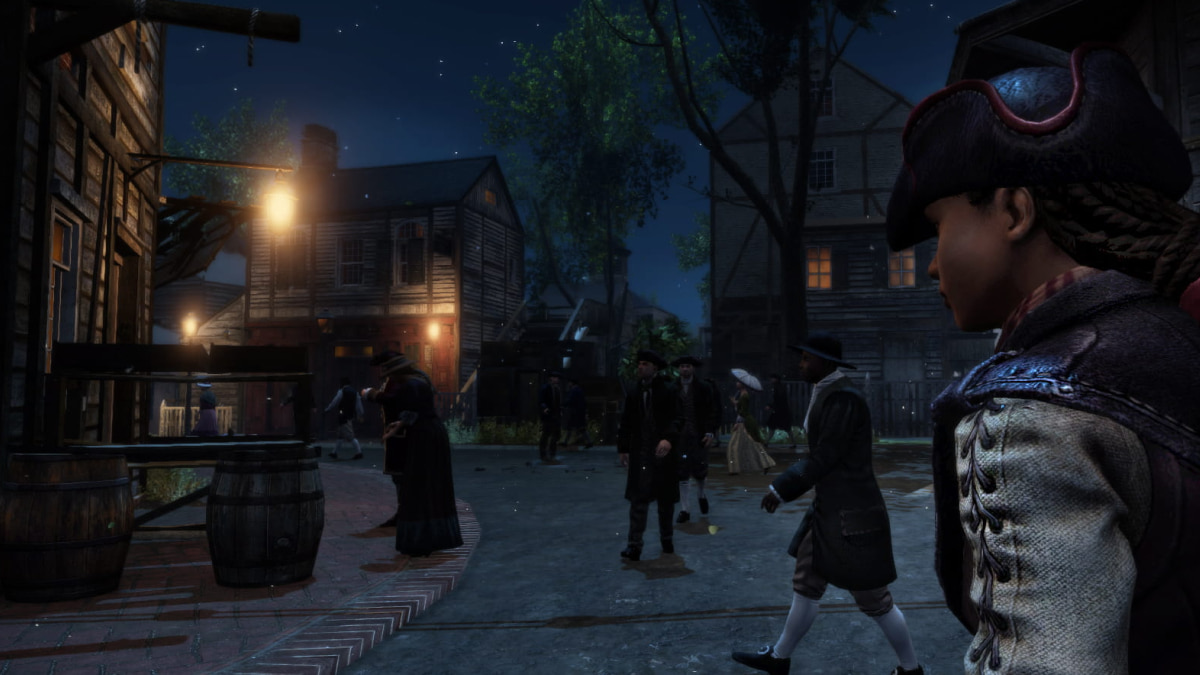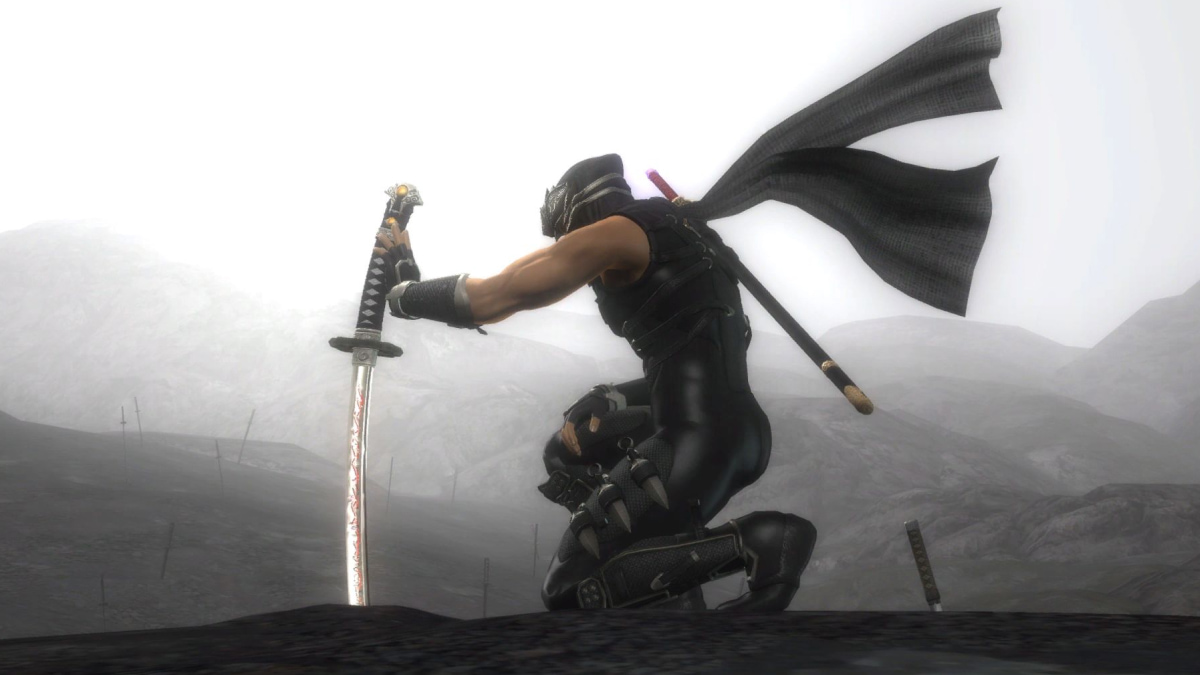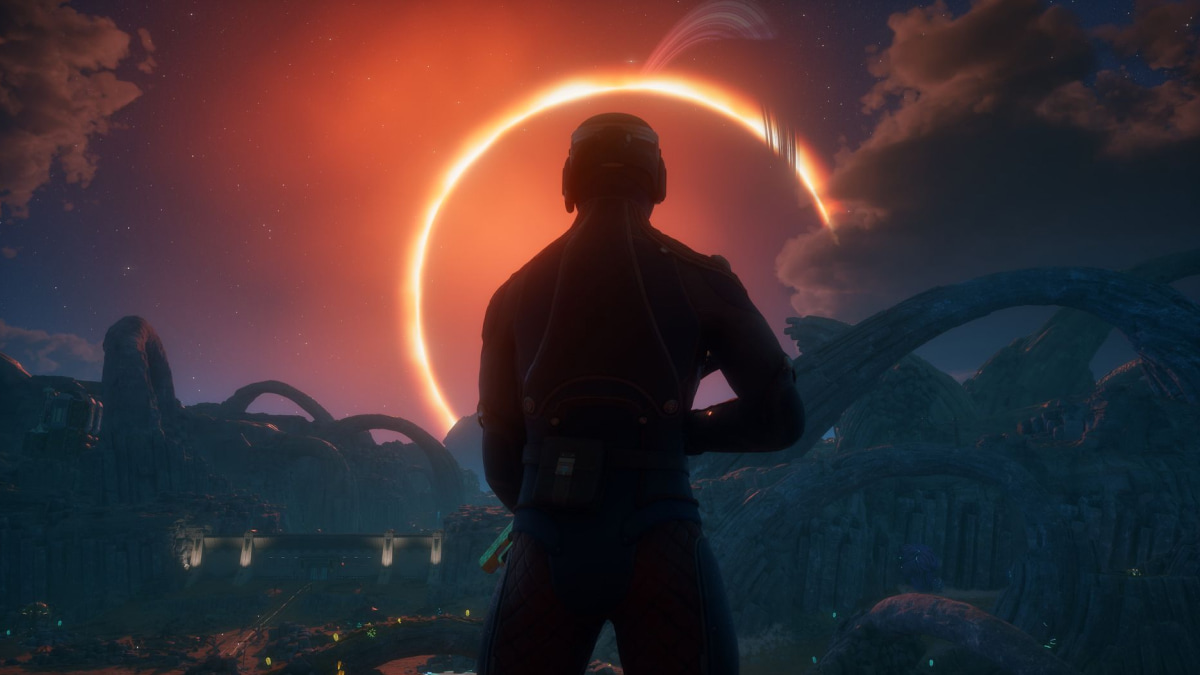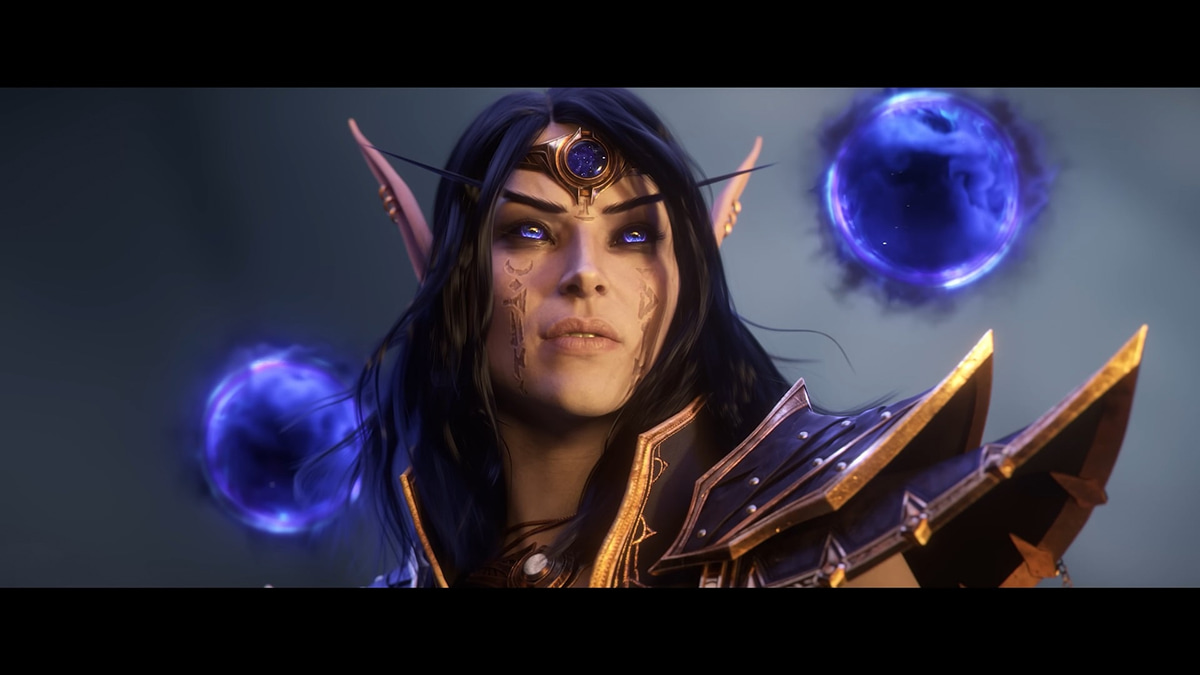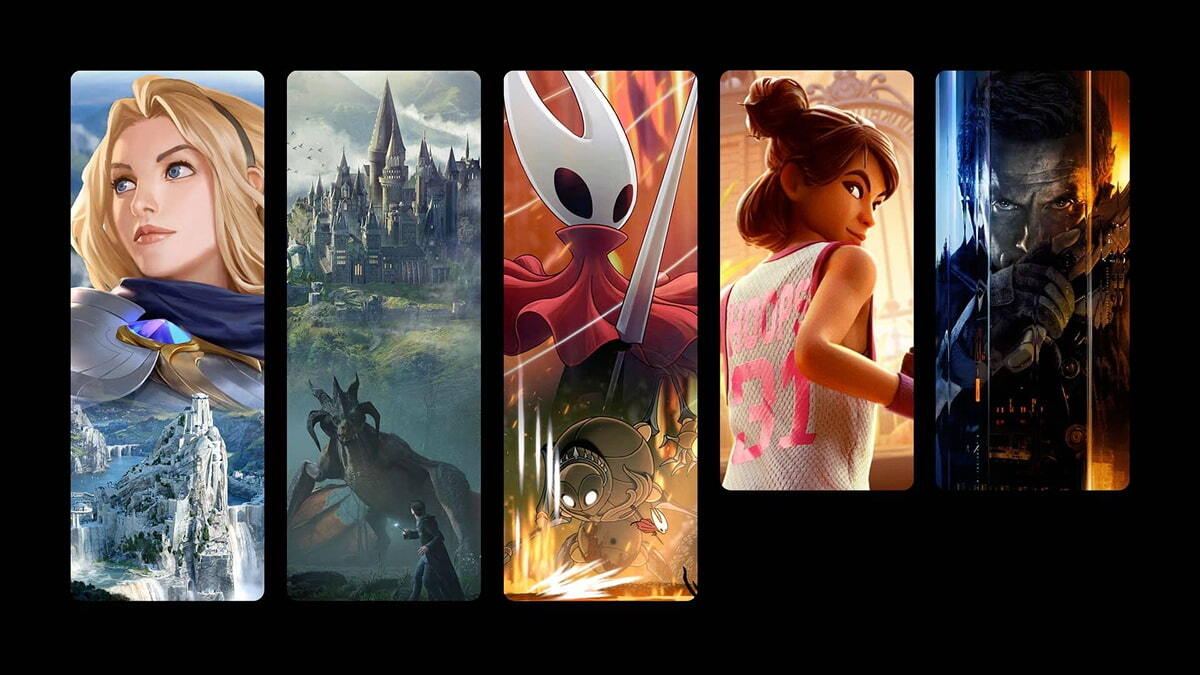You can trust VideoGamer. Our team of gaming experts spend hours testing and reviewing the latest games, to ensure you're reading the most comprehensive guide possible. Rest assured, all imagery and advice is unique and original. Check out how we test and review games here
About a year ago, Nate Crowley (pronounced like the cawing of a bird that fell down your chimney into the grate – luckily it was June so dad hadn’t laid the fire – and flew shrieking into the garden leaving smudges of soot where it had ricocheted off the kitchen walls), tweeted that for each like the tweet got, he would make up a fictional video game. It got a lot of likes. Crowley made up a thousand games, and a hundred of these, including Wolfglance Tycoon, Komodo Flagons, and The Greatest Gatsby, have now been made into a book.
100 Best Video Games (That Never Existed) is plotted chronologically, starting with the 80s, and references a heady mix of real things, fictionalised versions of real things, and a completely made up history of the medium that links the games together (‘itinerant wunderkind’ developer Oliver Blood and the Moth Expert fiasco of ’83). I asked Crowley about the choice to do that. He paused for a few seconds, and explained that he’d been thinking a lot about baddies.
‘I’m really into the idea of fictional non-fiction. Apparently that’s the genre the book is in and I’m quite into that as an idea,’ he said. ‘And I got to thinking about baddies, as a concept. ‘Cos you never really think about the inner life of the Crabs in Sonic 2, guys like those.’ In particular, Crowley referenced the skeletons in the original Diablo dungeon crawler. You have regular level one animated skeletons that will attack you, and will later encounter some slightly higher level skeletons that are, broadly speaking, identical except they’re red. ‘You’ve got to wonder what sort of self esteem issues that engenders,’ Crowley said. ‘Like, imagine being a palette swap of someone else. That’s gotta feel bad.’
Transcribing this interview afterwards gave me a slightly vertiginous feeling. I began to consider inner lives: how everyone you meet has an internal life that is basically as infinite as the one inside your own head, and so does everyone on the bus that just went past and everyone trooping along making the change at Green Park station, and so does everyone they meet, and so does Nate Crowley. Crowley exists in my head not only as Nate Crowley, but also his Twitter handle @FrogCroakley (to the extent that every time we speak I nearly say ‘Hello Frog’ by mistake), and as a completely different third person who I don’t know, because Nate Crowley is actually a nom de plume, lit. feather name, or, name you tickle people with. What glimpses I get of his own internal life appear to me as being like a complex root network, with seemingly disparate topics suddenly linking up in strange and unexpected ways, new connections forming all the time.
Thus talking about video game baddies leads to thinking about exactly what status Toad in Mario has amongst a race of people called Toads (I suggest that he could be some kind of Toad Prime or Ur-Toad), and then to considering that maybe Toads reproduce ‘like how yeast buds’, and finally onto the parthenogenesis that some lizard species are capable of.
‘Did you know the tendency of many lizards to give virgin birth?’ he said. ‘Especially the monitor lizards that live in the Southeast Asian Archipelago. They’ll quite often show up on an island with no mates, and rather than just conk out they will just lay eggs containing several perfect clones of the mother.’
He went on to describe an island in the Mediterranean that has only ever been populated by female lizards that are exact clones of one another for thousands of years. ‘It’s like some sort of Utopia. They finally smashed the patriarchy,’ he said, although did point out I should fact check it because there was a possibility it was something he’d dreamt (I was not able to find evidence of this island, but there is in fact a whole species of lizard from the Americas that is made up entirely of females that reproduce parthenogenetically).
/https://oimg.videogamer.com/images/8dea/wreck_it_ralph_2.jpg)
‘Yeah. Reality. Reality though,’ said Crowley, rolling the words around in his mouth like they were a peculiar Werther’s Original, just at the point where you could crack it betwixt your teeth. ‘Things that look like they might be real…’
This lead inevitably back to baddies in games, and things like Wreck-It Ralph – ‘I loved the support group. If your whole purpose is to be an inefficient antagonist you’re going to feel bad.’ – and guards in games convincing themselves that they didn’t see the protagonist and it was just the wind – ‘Patrol routes! People will just accept the most horrifying hallucinations, just accept it was nature!’ – and then video game characters being aware that they were in a game, which then bounced Crowley onto Descartes, somehow.
‘If you were to get sort of stoned kitchen chat at university party level philosophy about it, it’s quite a Cartesian universe, isn’t it? Where everything is part of a mechanism, but the mechanism can be self-aware.’
I pointed out that if we’re talking about self-awareness again, the characters in Wreck-It Ralph know they’re in an arcade cabinet, and so are also surely aware that they aren’t the only version of themselves in existence. Further thinking about it suggests that these other versions of themselves would also be distinct people, having lived different experiences and therefore forming slightly different memories and personalities, within the limits of their code.
Crowley viewed this as quite a horrible conclusion to come to, and expressed a hope that the Wreck-It Ralph sequel ‘goes full-on Descartes horror show. That’d be a film worth watching.’ This sort of thing is why I enjoy talking to Crowley. He often displays the same proclivity for unnecessary and troubling overthinking as I do, except he has seemingly made it into a career and I am profoundly jealous of this.
What if being in a game is like being in a Panopticon: you might be being observed at all times, but you can’t be exactly sure. ‘Yeah! And everyone is watching each other. If you’re all AIs in the same thing you can’t keep secrets from each other, can you? A trustless environment,’ Crowley said, enthused. ‘It just gets worse and worse the more you think about it.’
Despite this, Crowley would quite like to live inside the game Dwarf Fortress, an open-ended game where you control a group of dwarves trying to build a huge underground fortress, because it’s almost as complicated as real life. ‘There’d just be more, sort of, needless fistfights with giant salamanders and things like that.’
But are the salamanders self-aware?
This is definitely the first time Alice Bell has interviewed Nate Crowley
